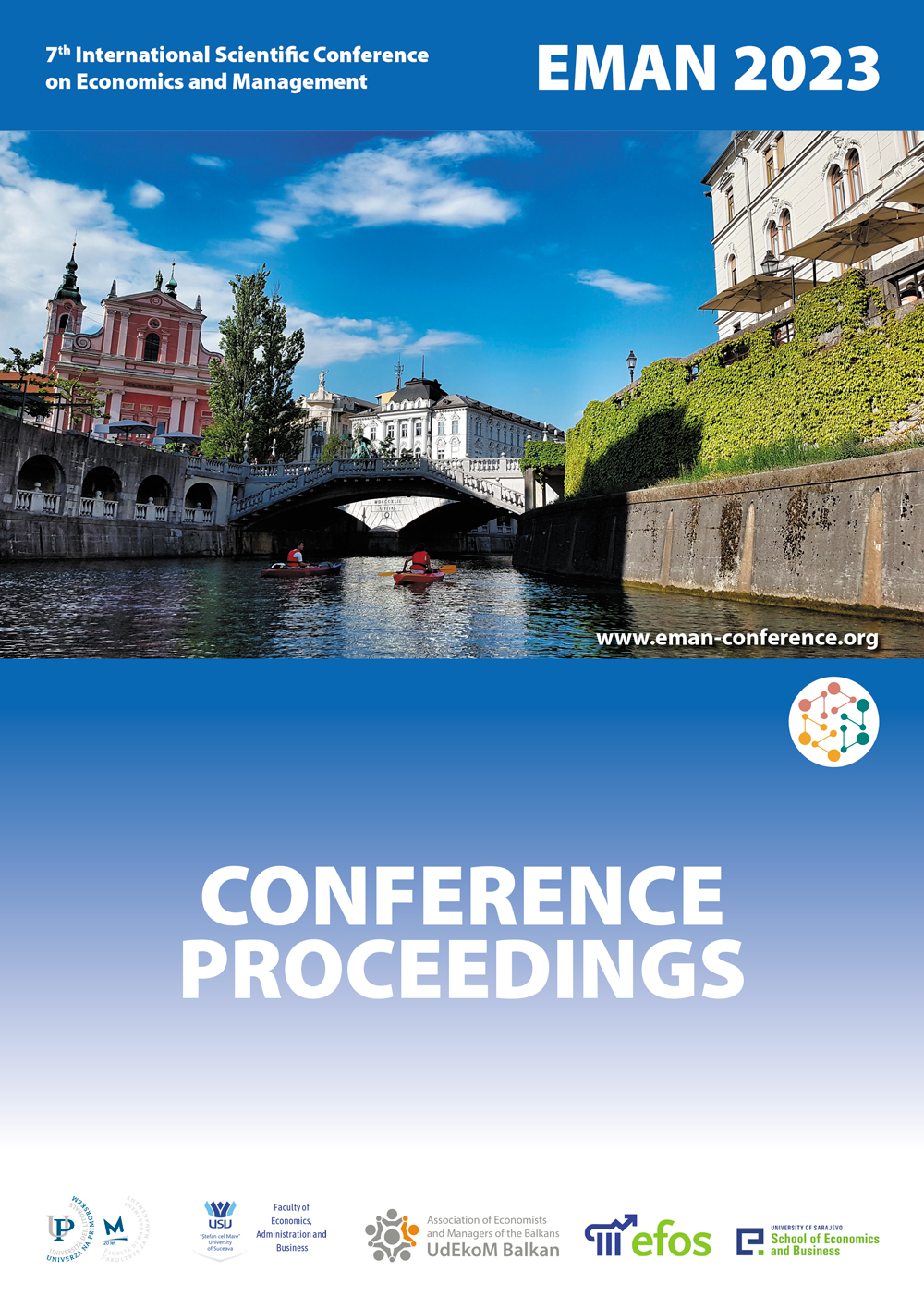Food Waste on Restaurant – A Circular Economy Approach
Food Waste on Restaurant – A Circular Economy Approach
Author(s): Jelena Jevtić, Mirjana Antonijević Nikolić, Dragana Ilić Udovičić
Subject(s): Social Sciences, Economy
Published by: Udruženje ekonomista i menadžera Balkana
Keywords: Food waste; Management; Restaurant; Circular economy
Summary/Abstract: Food waste is a serious environmental and economic problem. Some studies suggest that about 1/3 of the food produced for human consumption is wasted, amounting to about 1.3 billion tons per year. Considering the economic aspect, food waste means money losses, both for individual units and national economies. The circular economy is a general term that encompasses all activities that reduce, reuse, and recycle materials in the processes of production, distribution, and consumption. Organic components of food waste are of interest for further use because they contain large quantities of highly valuable molecules. This paper aimed to show that food waste from restaurants represents a resource that can be incorporated into other processes, which are the basic principles of the circular economy. Food waste in catering is caused by inadequate procedures, poor organization, or insufficiently trained workers, as well as specific and changing consumer demands. The circular economy model strives to return food as much as possible to the production chain and considers waste as a resource and raw material. Some possibilities are presented in this paper.
Book: EMAN 2023 / 7 – Economics & Management: How to Cope with Disrupted Times - CONFERENCE PROCEEDINGS
- Page Range: 277-284
- Page Count: 8
- Publication Year: 2023
- Language: English
- Content File-PDF

